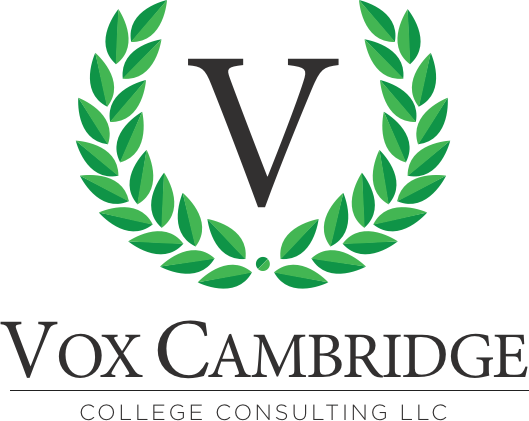I’m thinking of you all, hoping you’re well and secure.
The college admissions process has been challenging this year, but be assured that everyone involved in the process is putting in the work to adjust.
Please be in touch to let me know what’s on your mind.
Here are a few things on my mind.
Testing
Juniors, I know I probably have your attention on this one. Most schools are going test optional for the next admissions cycle (and some beyond that). You can see a complete list of test optional and test flexible schools here. If you’ve already taken the test and you're happy with your score, terrific. If you plan to take the ACT or the SAT, there will be opportunities to do so.
The College Board and the ACT are scrambling, and the trend toward test optional is of course not what they hope for. I know that many of you are, however, rejoicing.
To see the most current testing information, visit CollegeBoard.com and ACT.org.
College Tours and Visits
With campuses closed to visitors and students due to COVID-19, how can you explore the schools you’re interested in?
Juniors: There are ways to explore colleges when visiting isn’t possible. One is to speak with your college consultant about the individual schools on your list (don’t have a list yet? That’s something you can be working on now). As independent college consultants, we visit many campuses each year (well, except for this one so far, although we have been on SO MANY virtual tours and attended SO MANY virtual admission sessions!). Ask us about particular schools. For starters, take the virtual tour that you can find on many schools’ websites. (Looking for some sunshine? Check out University of San Diego here.) Of course, no school is going to show you its underbelly on such a tour (no footage of the dumpsters behind the dining hall, chances are). But it will give you a sense of the place-is its architecture Collegiate Gothic? Arts and Crafts? Are there trees? And there’s so much more on offer, virtually, than ever before. Meet with your regional admissions rep; talk to current students; explore a program of interest. All possible at various schools.
Finally, remember this: colleges need you. They need you to be interested in them, they need you to apply, and they need you to come. So you can be sure they’re working hard to find ways to connect with you. Interested in neuroscience or nursing or political philosophy? Call or email the admissions office at schools whose programs interest you and ask to speak with teachers, deans, admissions people about that school’s particular program. Be in touch with the admissions rep for your area. They should be happy to hear from you
Where are we right now?
People at the colleges you’re considering are working on what to do in the short term, the near future, and beyond.
And you? What should you be doing? Keep your focus on the things you can do. The future is out there.
Good things are ahead for you, I know.
